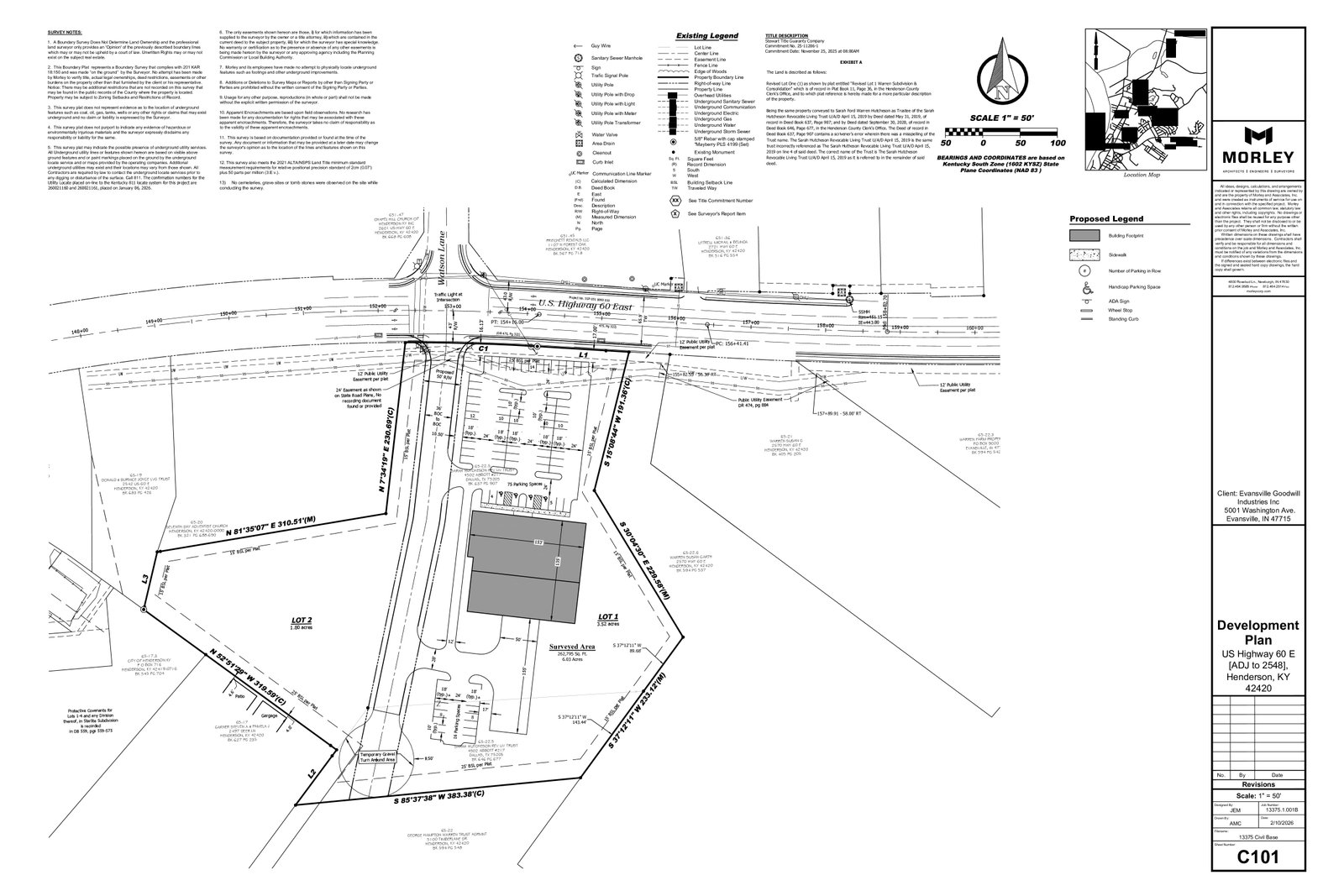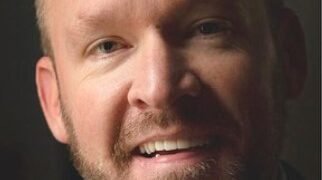Final vote scheduled for Oct. 28
The Henderson County Fiscal Court preliminarily passed a two-year moratorium on any new applications regarding wind energy conversion systems during its Tuesday meeting.
Though Tuesday’s preliminary vote was a victory for community members who have opposed Cordelio Energy’s plan to build scores of wind turbines—perhaps as many as 70—in the range of 700-feet tall, some were still concerned about a piece of language in the ordinance, specifically wording that the moratorium will last for two years from the date of final passage or “until such time as Fiscal Court amends this Article by adopting comprehensive WECS regulations…”
Shannon Hill, a Bluff city Road resident, asked in the “Good of the County” section of the meeting how she could file an appeal, saying that the language that would allow the fiscal court to end the moratorium if it were to adopt WECS regulations was not a part of the recommendation that the Henderson City-County Planning Commission sent to fiscal court recently.
Both County Attorney Steve Gold and Judge-Executive Brad Schneider told her the fiscal court used the same wording in the ordinance as what was in the planning commission’s recommendation. Brian Bishop, the planning commission executive director, confirmed that.
Hill was concerned that the ordinance does not guarantee two years from the day of final passage. She also objected to no mention of a windmill prohibition, which was a common talking point for opponents at the planning commission’s Sept. 2 public meeting, but ultimately did not make it into the planning commission’s recommendation or the ordinance preliminarily passed on Tuesday by fiscal court.
Niagara resident Sherri Alderson, who is opposed to Cordelio’s plan, said she is generally pleased with the first vote Tuesday. She said the decision is one the entire community must make, not just those landowners who have signed leases with Cordelio, and the extra time will allow for more to take part.
She said many are just now becoming fully aware of the issue. More public involvement will also supply decision makers with more needed information, she said.
“It’s just a big deal,” she said. “I want to make sure they have all the information.”
Deirdre McConathy, another vocal opponent, said the “outcome was expected” since the fiscal court rarely, if ever, votes against a zoning recommendation that has come from the planning commission.
According to McConathy, the two years should allow sufficient time so that fiscal court does “not race to develop” a poorly worded ordinance that “truly does not protect Henderson County residents.”
The fiscal court in late July approved a resolution for a one-year WECS moratorium and sent the item to the planning commission for its consideration and recommendation. After the planning commission’s Sept. 2 meeting, planning commission staff had to transcribe minutes and write the findings of fact before those documents could be approved at its Oct. 7 meeting and then sent back to the fiscal court.
The fiscal court is scheduled to hear second reading and make its final vote on the two-year moratorium at its Oct. 28 regularly scheduled meeting.
“To the best of our ability, we’ll make it Oct. 28,” Schneider said.
At that point, the next step of the process will be for the planning commission to schedule a public hearing which will include expert testimony and information from the community. Officials have said the next meeting, whenever that occurs, will be the most important in the process because it will be used to shape the WECS regulations.
It’s very likely, though, that that public hearing, or what could turn out to be a series of public hearings, will not occur until after the new year. For one, Bishop said finding subject matter experts that can provide information on all sides will take time and then lining them up to appear on the same night or nights is likely to be a chore.
Additionally, it still has not yet been determined which government body will pay travel fees and lodging for experts who might come from afar, Bishop said.
He said he has called a meeting of the planning commission’s executive committee to begin initial organizing of the next public hearing, including creating a list of state and federal agencies that may be called to testify.
In spring, a Federal Aviation Administration study said that Cordelio listed 93 possible sites for windmills in eastern Henderson County. Cordelio officials said then, and at an information study the company hosted in September, that those 93 sites represented a beginning point and after studies are completed and sites are eliminated because of discrepancies with study results, the numbers will decrease.
At the September information session, Cordelio Vice President for Development Tim Vought said the company now is aiming to build between 40 and 50 wind turbines.
At Tuesday’s fiscal court meeting, Schneider made the first reading of the ordinance. There was no discussion after he read it. The vote passed for acceptance unanimously.


















